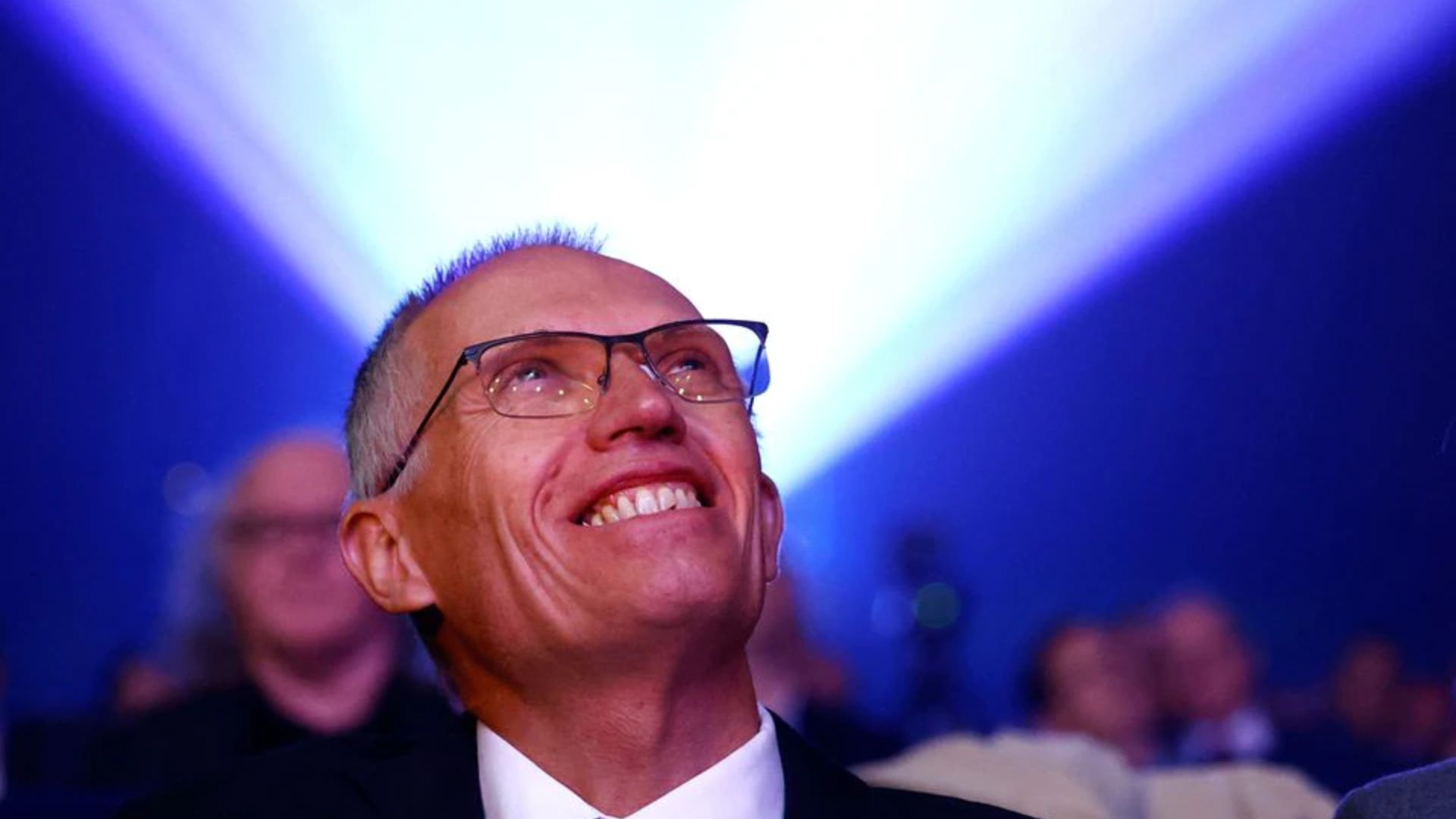BERLIN, Oct 25 (Reuters) – Uncertainty over the future of European regulation on auto emissions gives Chinese competitors already ahead of the game an additional advantage, Stellantis (STLA.MI) chief executive Carlos Tavares said at a conference in Berlin on Tuesday.
The chief executive said the so-called Euro 7 standards, which tighten car emission limits for pollutants including nitrogen oxides and carbon monoxide from 2025, are a “diversion from the major goal of electrification.”
“I don’t think Europe needs Euro 7… it is going to divert part of our research and development power to something we don’t need, while our Chinese competitors enter the market with the single technology of battery-electric vehicles,” he said.
“Why are we using our resources for a technology we want to ban? It’s not common sense.”
The Stellantis CEO had called for a softening of Europe’s ban on fossil-fuel emitting cars from 2035 during the Paris Motor Show in October, warning that social unrest would ensue if combustion engine cars were banned before affordable electric vehicles were available.
Speaking at the Automobilwoche Kongress conference in Berlin, the chief executive predicted that affordable battery-electric cars were still five to six years away.
Asked what the company viewed as its greatest challenge in the coming year, he pointed to the risk of falling behind the Chinese as the major issue for Western carmakers over any single concern like semiconductors or energy.
“If there is one thing to be afraid of, it is the decline of the Western world. We need to work more efficiently to beat the Chinese not only on technology but also on quality, price, service… that is the major issue we have in front of us,” he said.











